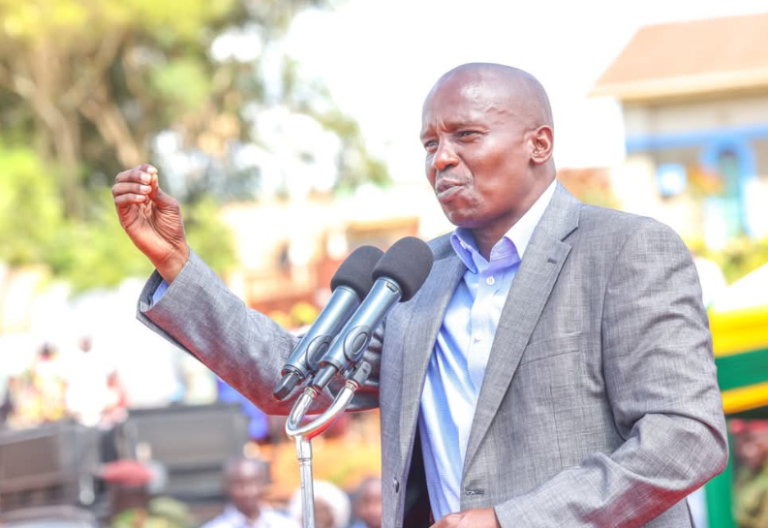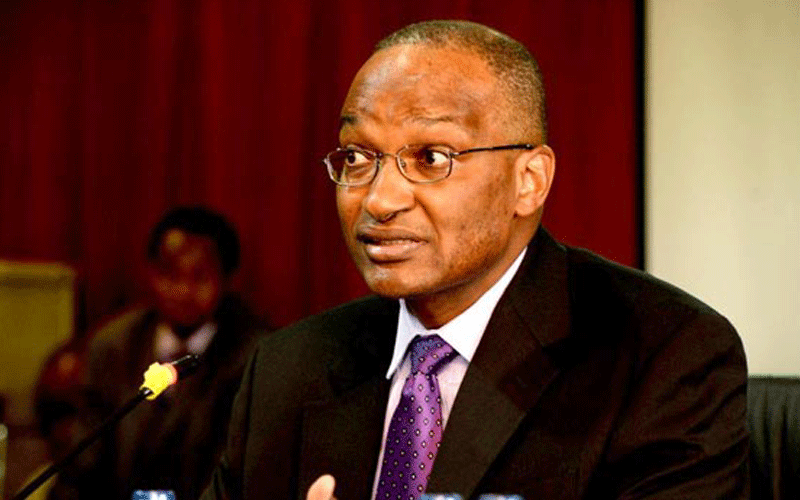Telcos reduce tariffs in Covid-19 mitigation deal
By Seth Onyango, March 17, 2020Seth Onyango @SethManex
Kenya has rolled a raft of measures to ensure the corporate sector streamlines operations to safeguard the economy against effects of the Coronavirus pandemic.
In a move meant to reduce the use of cash in the economy over the medium term, Central Bank of Kenya (CBK) yesterday met Payment Service Providers (PSPs) to facilitate increased use of mobile money transactions instead of cash.
The deal, which takes off immediately and will remain in place until June 30, means the firms will not charge for mobile money transactions up to Sh1,000 while the transaction limit will increase to Sh150,000.
“The daily limit for mobile money transactions has also increased to Sh300,000, while the monthly total limit for mobile money transactions has been eliminated,” said CBK in a statement.
Emergency measures
“The current tariff for mobile money transactions for Sh70,000 will apply for transactions up to Sh150,000,” said CBK.
In that period, PSPs and commercial banks will also eliminate charges for transfers between mobile money wallets and bank accounts as CBK closely monitors the implementation of these emergency measures.
Thus effective tomorrow, Safaricom and Telkom have confirmed that mobile money users will send any amount up to Sh1,000 for free over the next 90 days.
“To support this, and in particular small and micro business enterprises (SMEs), CBK has also approved the increase of daily M-Pesa transaction limits from the current Sh70,000 to Sh150,000.
Kenyans will also be able to transact up to Sh300,000 up from the current limit of Sh140,000, and hold up to Sh300,000 in their M-Pesa wallets,” Safaricom said in a statement.
Telkom Kenya said that any transactions between Sh50,000 up to Sh300,000 will attract a rate of Sh100.
Latest Communications Authority telecommunication sector statistics shows that Safaricom carried out 575.7 million M-Pesa transactions, moving at least Sh1.58 trillion between July and September.
Call centre
Safaricom will also provide a call centre and integrating a toll-free line 719 which has been set up by the National Emergency Response Committee on coronavirus to support Kenyans in understanding how to prevent and manage suspected cases.
We have also interconnected other networks to ensure that their subscribers can access the call centre.
Meanwhile, the business community under the umbrella of the Kenya Private Sector Alliance (Kepsa) has set up a business action platform team and is developing in the next two days a business Covid-19 action platform like other countries have done.
The action platform will have a 24-hour call centre and portal to share business and workplace health-related information for all sectors and small business on the impact of the virus.
Citing stock challenges in their upstream markets, manufacturers have resorted to sourcing materials from other export markets outside China.
“Whilst 16.7 per cent of manufacturers have downsized their production capacity, 2.8 per cent have resorted to shifting some of their manufacturing processes overseas,” said Kenya Association of Manufacturers chief executive Phyllis Wakiaga.
More Articles

